Docker partners with AWS to help take the complexity out of containerisation
Expanded partnership with AWS further highlights Docker's new developer-centric focus


Docker is expanding its collaboration with AWS to make its Compose and Desktop tools easier to use in container ecosystems.
The compose and desktop developer tools will be integrated with AWS Elastic Container Service (ECS) and ECS on AWS Fargate.
The container ecosystem has become complex, according to Docker. What used to be a simple case of A talking to B and B talking to a database, has expanded due to new managed container services. The complexity of it is helpful to operational teams that might want more control, but it makes it tougher for developers.
"With a large number of containers being built using Docker, we're very excited to work with Docker to simplify the developer's experience of building and deploying containerised applications to AWS," said Deepak Singh, the VP for compute services at AWS.
"Now customers can easily deploy their containerised applications from their local Docker environment straight to Amazon ECS. This accelerated path to modern application development and deployment allows customers to focus more effort on the unique value of their applications, and less time on figuring out how to deploy to the cloud."
A similar integration was announced in May for Microsoft Azure, shortening the developer commute for Azure Container Instances, highlighting Docker's more developer-focused strategy. The company surprised many when it sold its enterprise business to Mirantis in 2019, but its reasoning was to solely focus on cloud-native development.
"Going forward, in partnership with the community and ecosystem, we will expand Docker Desktop and Docker Hub's roles in the developer workflow for modern apps," said CEO Scott Johnston.
Get the ITPro daily newsletter
Sign up today and you will receive a free copy of our Future Focus 2025 report - the leading guidance on AI, cybersecurity and other IT challenges as per 700+ senior executives
"Specifically, we are investing in expanding our cloud services to enable developers to quickly discover technologies for use when building applications, to easily share these apps with teammates and the community, and to run apps frictionlessly on any Kubernetes endpoint, whether locally or in the cloud."
Bobby Hellard is ITPro's Reviews Editor and has worked on CloudPro and ChannelPro since 2018. In his time at ITPro, Bobby has covered stories for all the major technology companies, such as Apple, Microsoft, Amazon and Facebook, and regularly attends industry-leading events such as AWS Re:Invent and Google Cloud Next.
Bobby mainly covers hardware reviews, but you will also recognize him as the face of many of our video reviews of laptops and smartphones.
-
 Bigger salaries, more burnout: Is the CISO role in crisis?
Bigger salaries, more burnout: Is the CISO role in crisis?In-depth CISOs are more stressed than ever before – but why is this and what can be done?
By Kate O'Flaherty Published
-
 Cheap cyber crime kits can be bought on the dark web for less than $25
Cheap cyber crime kits can be bought on the dark web for less than $25News Research from NordVPN shows phishing kits are now widely available on the dark web and via messaging apps like Telegram, and are often selling for less than $25.
By Emma Woollacott Published
-
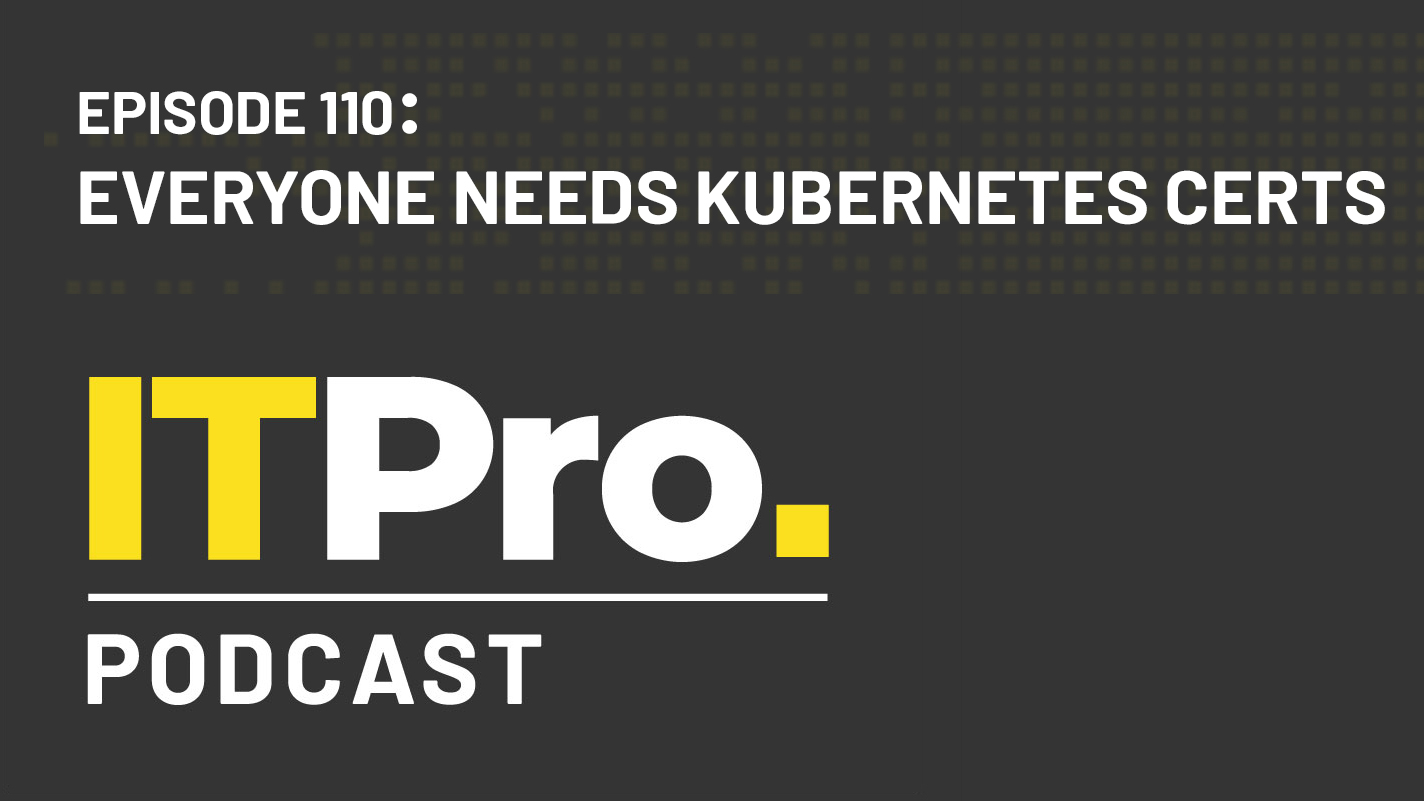 The IT Pro Podcast: Everyone needs Kubernetes certs
The IT Pro Podcast: Everyone needs Kubernetes certsIT Pro Podcast Containerisation skills are now a business imperative
By IT Pro Published
-
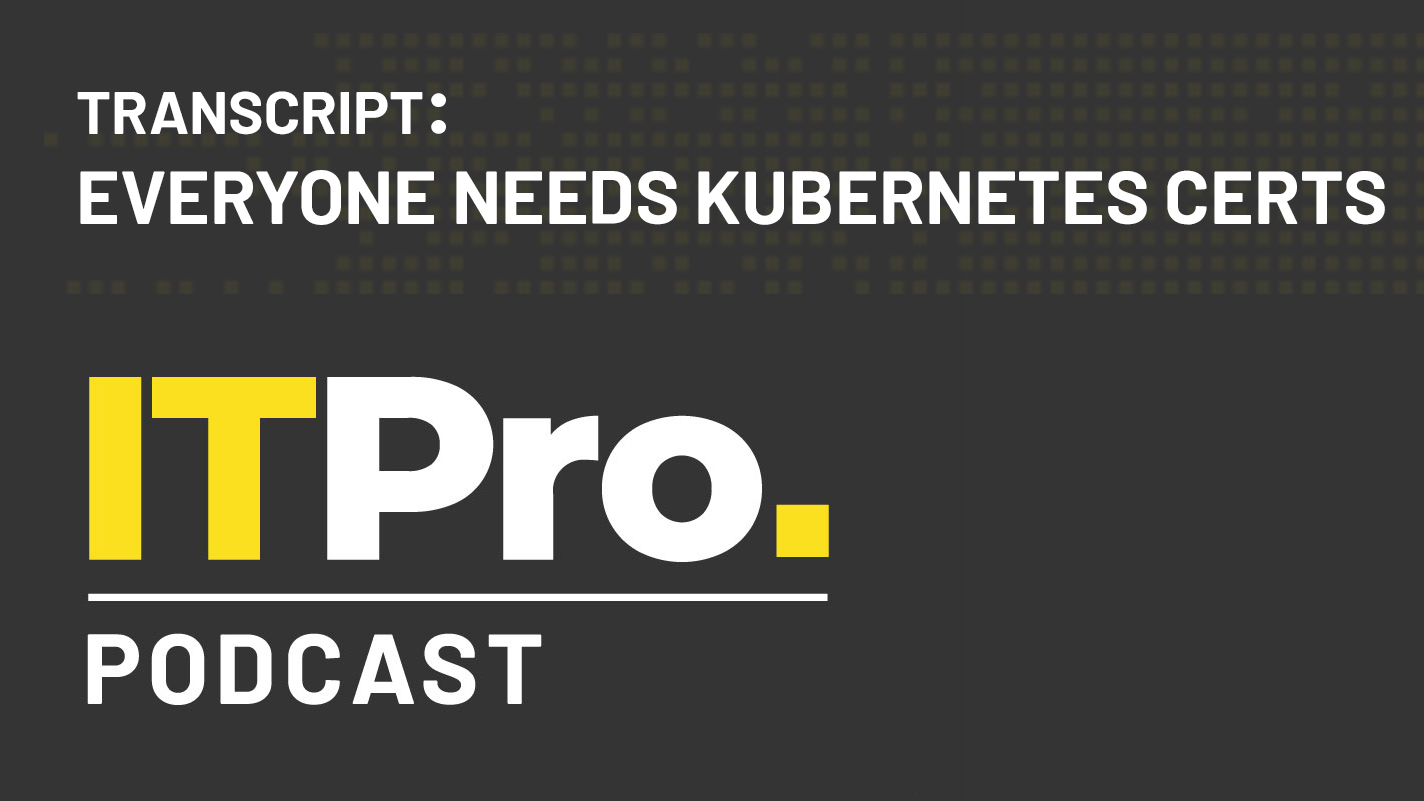 Podcast transcript: Everyone needs Kubernetes certs
Podcast transcript: Everyone needs Kubernetes certsIT Pro Podcast Read the full transcript for this episode of the IT Pro Podcast
By IT Pro Published
-
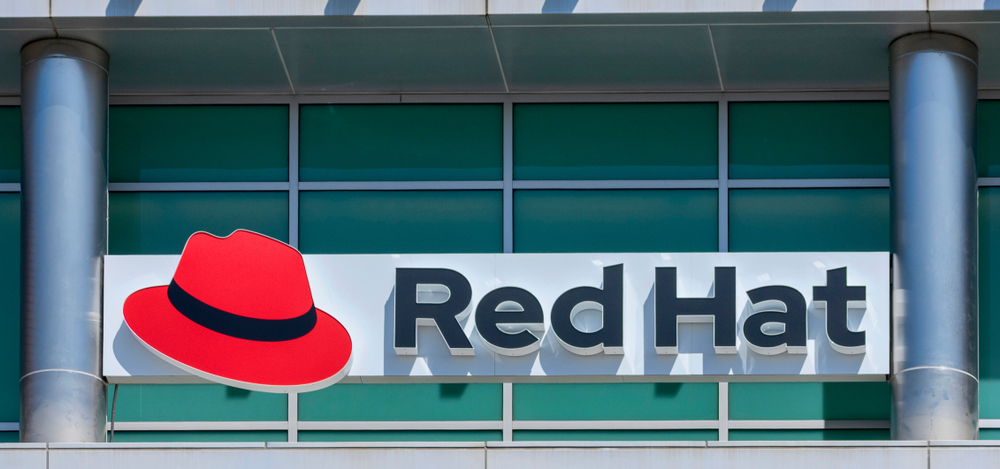 Red Hat unveils common Kubernetes platform for Windows and Linux
Red Hat unveils common Kubernetes platform for Windows and LinuxNews The service makes it possible to manage Linux and Windows-based containerized workloads side by side
By Praharsha Anand Published
-
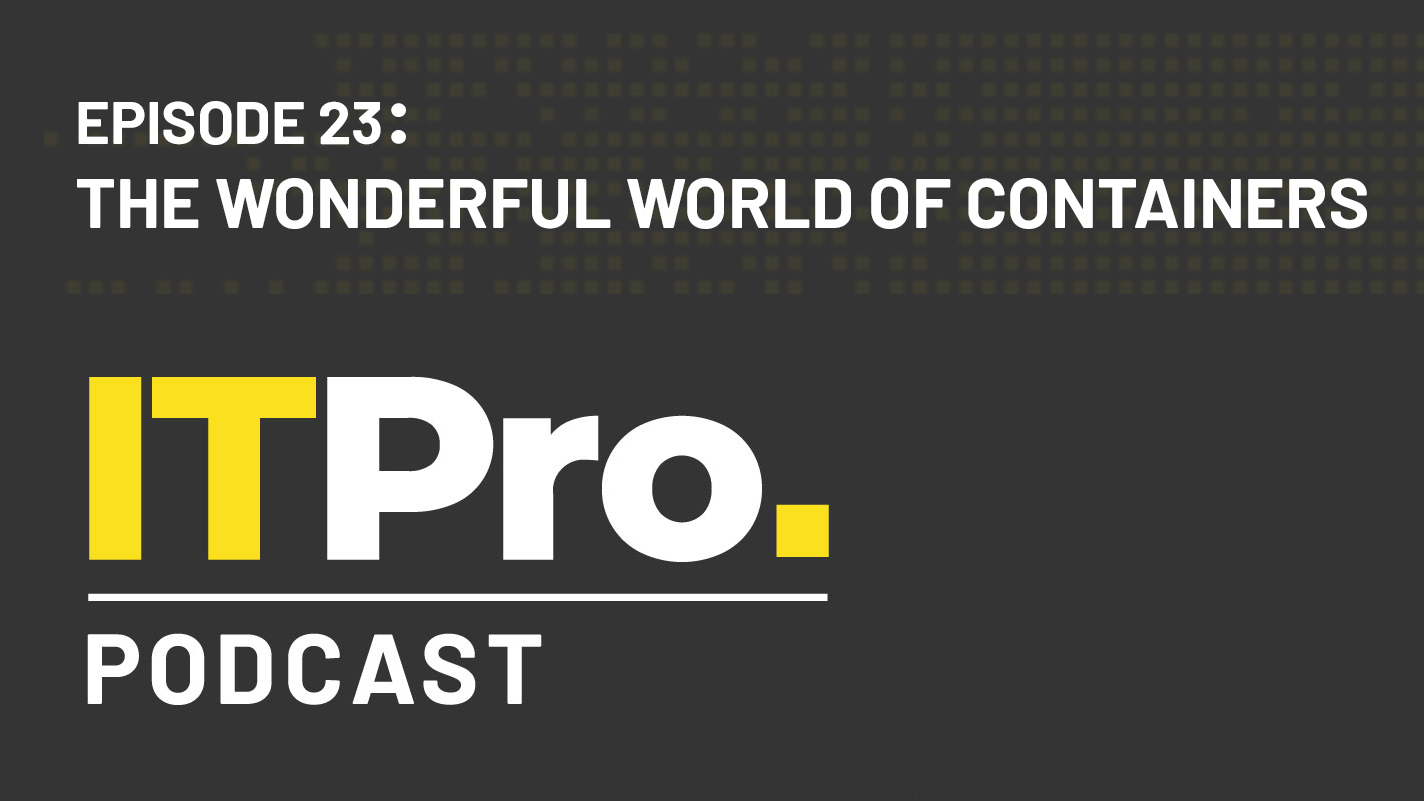 The IT Pro Podcast: The wonderful world of containers
The IT Pro Podcast: The wonderful world of containersIT Pro Podcast Are containerised apps the future - and how do you get started with them?
By IT Pro Published
-
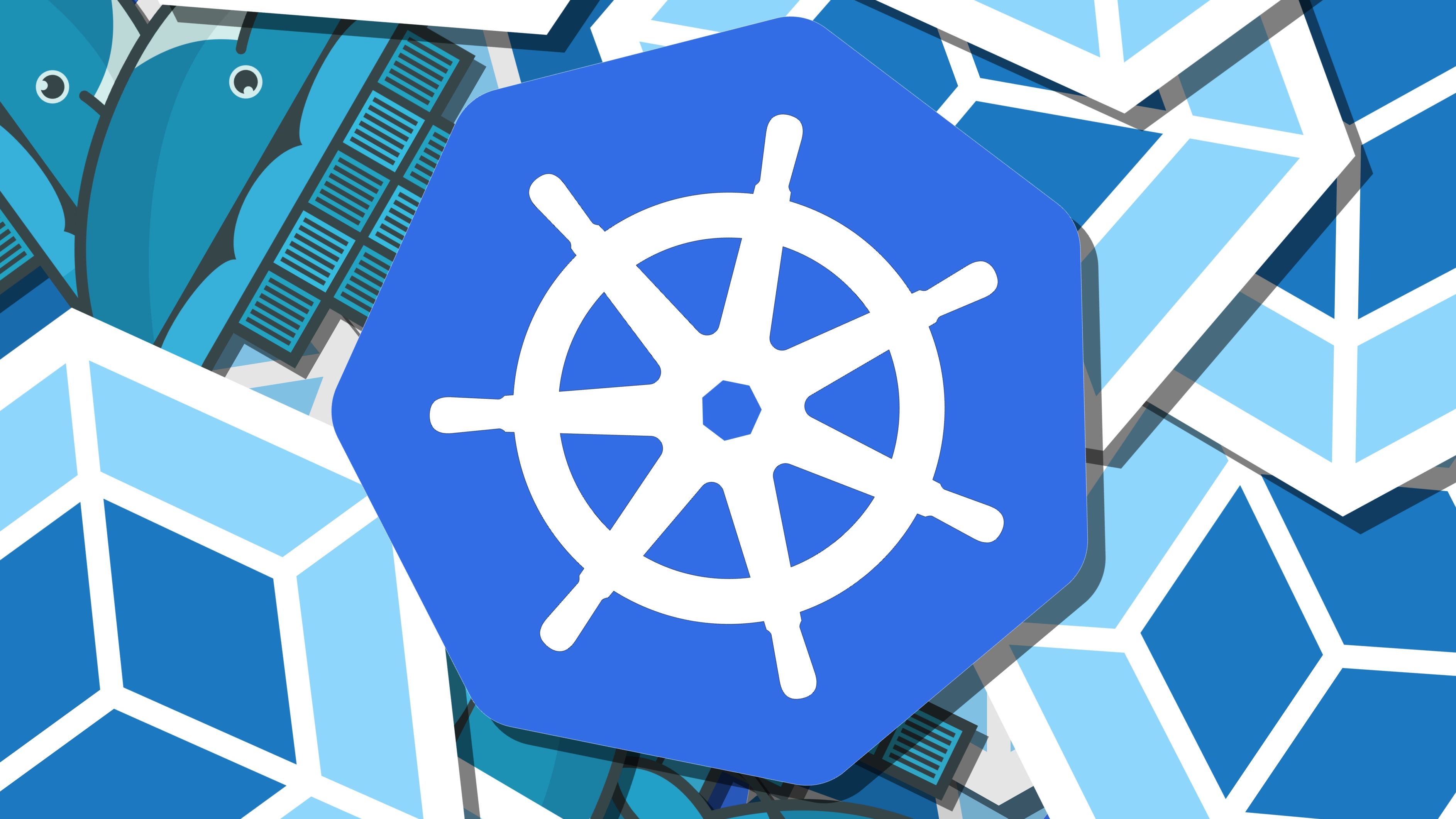 Getting started with Kubernetes
Getting started with KubernetesTutorials Your guide to Google’s container platform
By Danny Bradbury Published
-
 Bottlerocket is Amazon's new purpose-built OS for running containers
Bottlerocket is Amazon's new purpose-built OS for running containersNews The open source system features a single step process to support automated updates
By Dale Walker Published
-
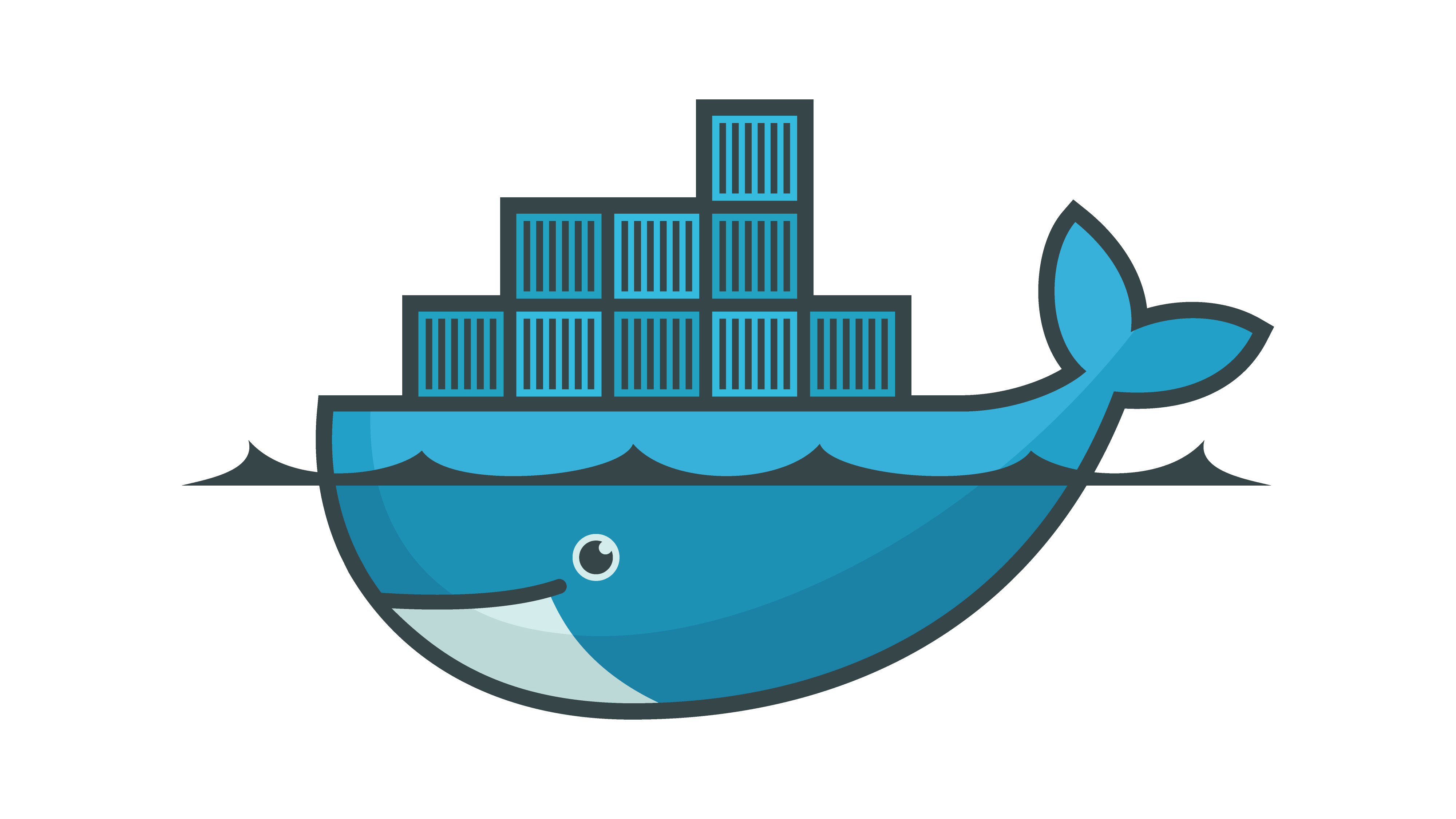 Docker tutorial for beginners: How to get started with Docker
Docker tutorial for beginners: How to get started with DockerTutorials How to install Docker and start working with containerized applications
By Richard Speed Published
-
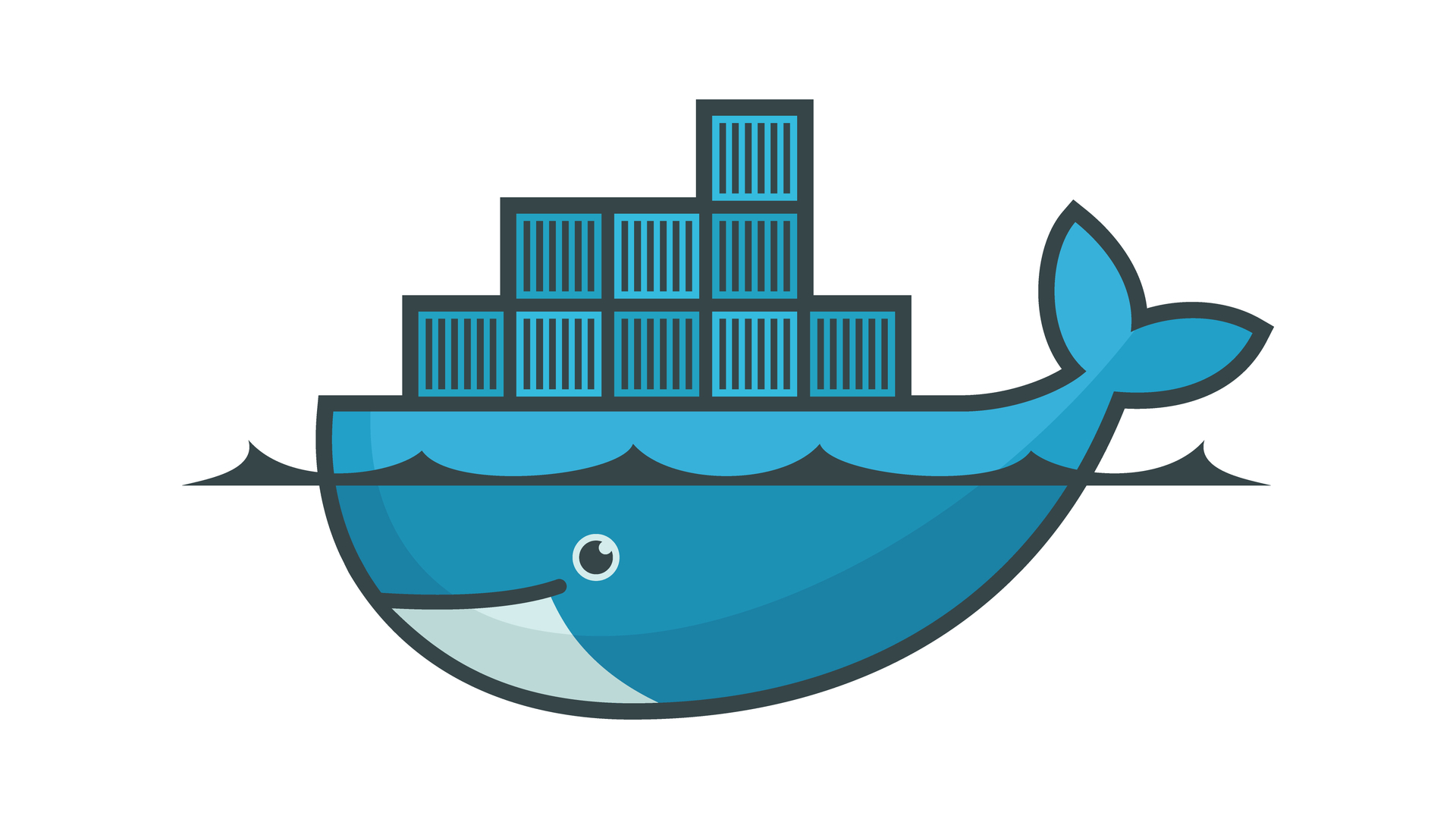 Mirantis snaps up Docker's enterprise platform
Mirantis snaps up Docker's enterprise platformNews The container platform is refocusing its business with a new CEO and fresh funding
By Bobby Hellard Published